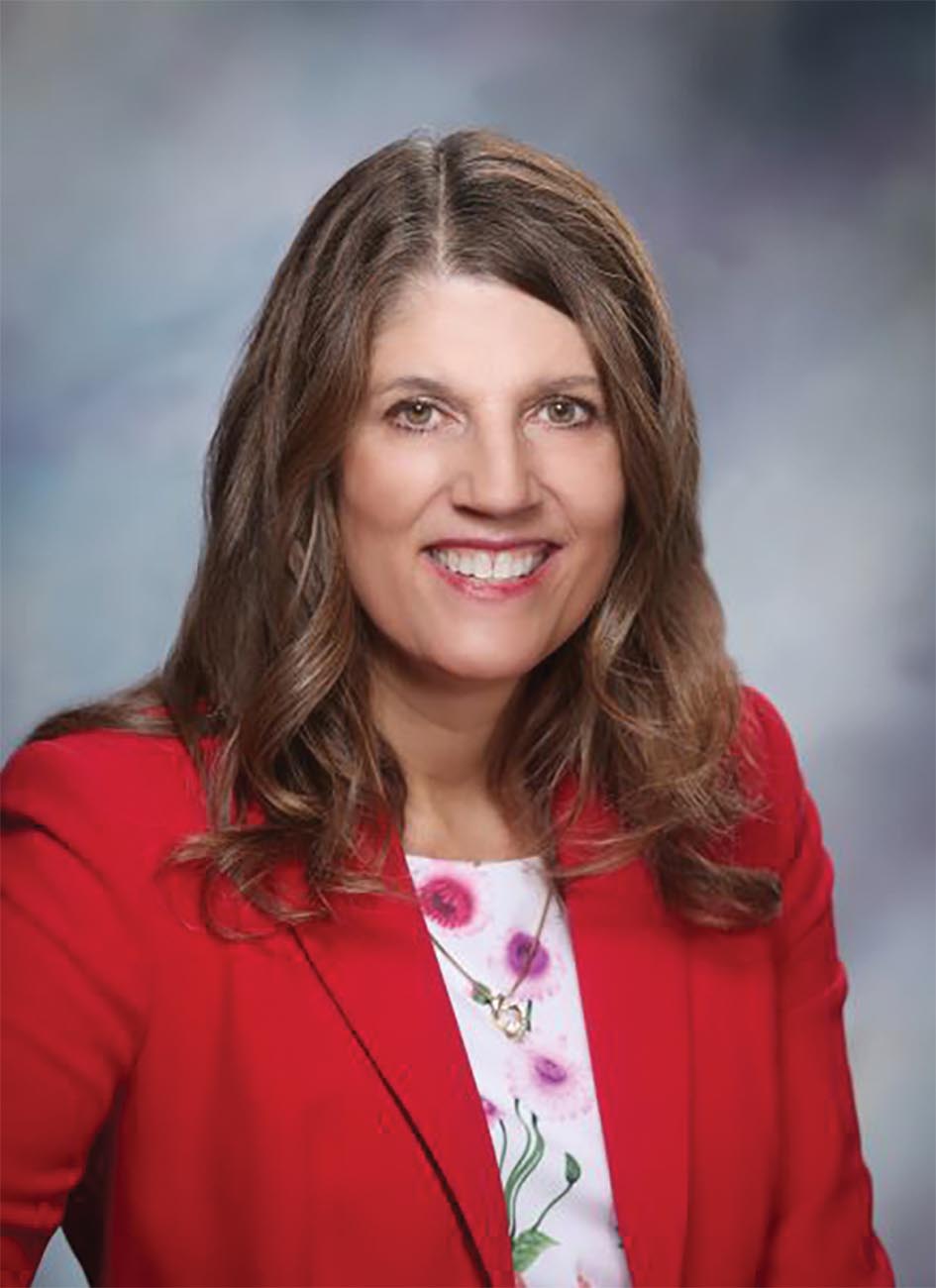Journeying Through Life With ONS
When you reflect on your career as an oncology nurse, do you see it as a journey? I do, and it is one marked by mentors, teachers, colleagues, and ONS.

Each of you has your own journey, and you may remember your first interaction with ONS. Was it at a local chapter meeting? Was it through a colleague, mentor, or group of like-minded ONS members? Was it attending ONS Congress®, Hill Days, or another one of ONS’s many national meetings through the years? Was it earning your first certification?
Mine was in 1985. I was a new oncology nurse, and I was invited to a meeting with a local oncology nursing group that was working to become an ONS chapter. As our group evolved, I was asked to serve as president; I wasn’t the most seasoned nurse there, but I was willing. Many of you may have had the same experience from saying yes to an invitation to serve. The next year, we were chartered as the ONS Big Sky Chapter. That year was also my first ONS Congress experience, and I still have fond memories of that Congress and the many others I attended thereafter.
Diverse Yet Collective
A hidden benefit in oncology nursing is our diversity in care settings and roles. During my oncology nursing career, I have had the opportunity to work in a variety of those: oncology staff nurse, infusion nurse, clinical nurse specialist, palliative care team member, and nurse scientist. I have also had the privilege of traveling and teaching nurses in other countries about oncology and palliative care. Those experiences reinforce for me that we are all part of a whole and our professional organizations are important to our work.
Other oncology specialty organizations have evolved from that diversity, including the International Society of Nurses in Cancer Care, Hospice and Palliative Nurses Association, Advanced Practitioner Society for Hematology and Oncology, American Psychosocial Oncology Society, Society for Integrative Oncology, Association of Pediatric Hematology/Oncology Nurses, and Academy of Oncology Nurse and Patient Navigators.
As diverse as we may be, we aim toward a common goal: to improve quality cancer care. For example, CEO Brenda Nevidjon, RN, MSN, FAAN, represented ONS in a collaborative task force of some of those organizations to develop the Oncology Navigation Standards of Professional Practice (http://ons.org/standards/oncology-navigation-standards-professional-practice) released in 2022. In a collective voice, we respect and appreciate our diversity and yet join collaboratively when opportunity arises. Although our journeys are diverse, we are all oncology nurses.
We Are Better Together
Throughout my career journey, ONS has been my source of support and professional development. In turn I have given back to ONS by serving in various capacities on committees, task forces, and think tanks. As a volunteer, I always received more than I gave.
Professionally, I gained my first writing mentors through ONS, participated in guideline development, spoke at professional meetings, and traveled globally for oncology nursing key initiatives. I’ve received awards, scholarships, and research grants. Now I have the privilege to give back once again and serve our organization as president.
I encourage you all to think about what ONS has done for you. And then ask yourself, “How can I give back?” If you haven’t tapped into ONS’s many volunteer opportunities or given to the Oncology Nursing Foundation, now is the time to do so!
I have thrived through ONS’s support along my entire career path, which has had a tremendous impact on my professional and personal life. I find joy in bringing new nurses to our chapter meetings, to Congress, and to all that the Society has to offer. ONS is the glue that ties me to our profession and the driving force that helps me persevere. I hope you have this same feeling about our professional home.
